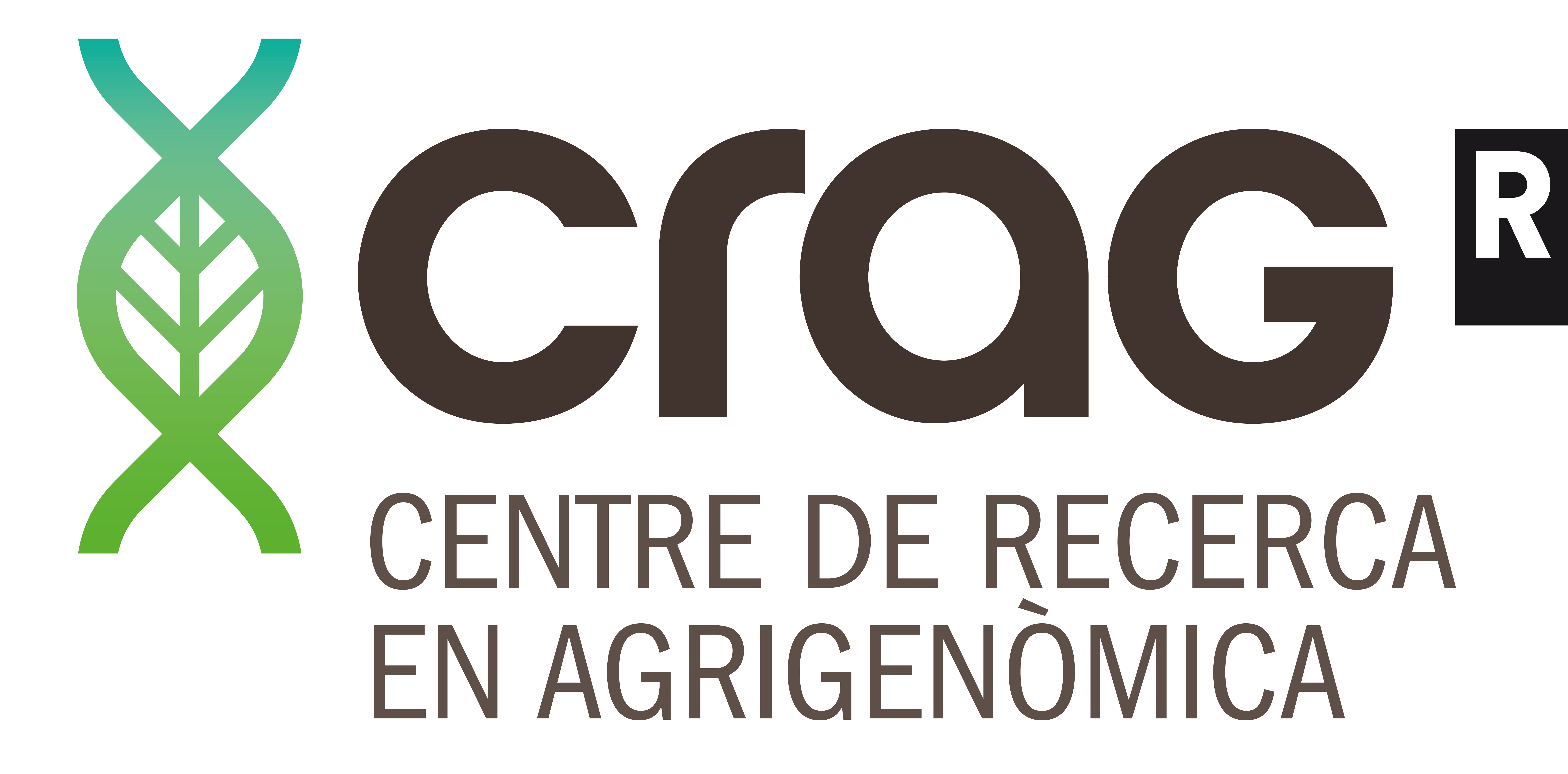In the EU
Genetically modified organisms (GMO)
According to European Union (EU) legislation, a genetically modified organism (GMO) is “an organism other than a human being in which the genetic material has been altered in a way that does not occur naturally by mating or natural recombination or by a combination of both”. This means that GMOs are organisms that have been modified using genetic engineering techniques to introduce specific characteristics not found in nature. EU legislation on GMOs aims to ensure that they are safe for both consumption and the environment.

Millions of euros
16
Years
15
Regulatory framework and case-by-case evaluation
As of January 2024, the current EU legislation on GMOs (Directive 2001/18/EC and Commission Implementing Regulation 503/2013) establishes a legal framework for the deliberate release of GMOs into the environment and the marketing of its products for food and feed use. Risk assessments are carried out on a case-by-case basis, taking into account the characteristics of the GMO and their uses. This includes an assessment of possible effects on human and animal health as well as on the environment. These risk analyses involve 10-15 years of formalities and can cost up to 16 million euros. The legislation also lays down requirements for labelling and monitoring GMOs, as well as for public consultation and transparency in the assessment process.
European Food Safety Authority (EFSA)
The European Food Safety Authority (EFSA) is responsible for assessing the risks to human and animal health, as well as the environment, associated with GMOs before they are marketed in the EU. The EFSA carries out independent scientific assessments based on data and studies provided by applicants as well as information available in the scientific literature. The EFSA also provides scientific advice to the European Commission and EU Member States, who make the final decision on whether to authorise a GMO for its cultivation and import into the EU.

Need for new legislation
EU legislation on GMOs has been the subject of controversy due to differing views on the benefits and risks associated with these organisms. Some people argue that GMOs can help address challenges such as food security and climate change, while others express concerns about their impact on the environment and human health. There are also concerns about the corporate control of seeds, as well as their impact on biodiversity. This applies to all seeds on the market that have been genetically modified by one method or another, which is why, in recent years, several actors, including the scientific community but also the production sector, have questioned the proportionality of these risk analyses in relation to the real risk of the crops. In any case, there seems to be a consensus that new legislation adapted to these new technologies is necessary.
April 2022 – Public consultation
In response to the controversy surrounding the regulation of new gene editing techniques, the European Commission launched a public consultation in 2022 to determine whether products derived from these techniques should be regulated in a way similar to GMOs or whether they should be under a different regulatory framework.
July 2023 – Proposal from the European Commission
The European Commission has tabled a proposal for a regulation on New Genomic Techniques (NGTs) to cover their use in the European Union, including gene editing. “In many cases, these new techniques can lead to more targeted and precise modifications to the genome than conventional breeding or established genomic techniques and these modifications could or could not be produced in nature or obtained by conventional breeding techniques.” The aim of the proposal is to adapt current legislation to scientific and technological developments in this field and to allow plants obtained through gene editing not to be considered as GMOs under Directive 2001/18/EC.
March 2025 - European Council Agreement
On 14 March 2025, the representatives of the 27 member states of the European Union endorsed the European Council’s proposal on the legislative proposal to regulate NTGs.
This agreement of the European Council, where the governments of the 27 member states are represented (which is different from the Council of Europe, which is an institution that goes beyond the limits of the EU), now allows the rotating presidency of the EU, currently in the hands of Poland, to to start negotiations with the European Parliament in order to agree on a consensus text of the new legislation.
Once an agreement is reached, it will need to be formally adopted by both the European Council and Parliament itself before the regulatory change can enter into force.
GMOs authorised in the EU
For import
Only two transgenic crops has been approved for cultivation in Europe: Bt maize and Amflora potato. However, more than 100 transgenic crop varieties are authorised for import.
Transgenic varieties are authorised for both human food and animal feed, but in practice their use is exclusively for animal feed due to social rejection (except varieties of carnations for ornamental use).

Font: Eu Register of authorised GMOs.
For cultivation
These two crops are authorised for cultivation and import:

BT MAIZE
Maize resistant to the European corn borer. Spain has the largest cultivated area in Europe.
67.620 hectares in 2022
AMFLORA POTATO
This produces pure amylopectin starch. Conventional potatoes produce starch consisting of amylopectin and amylose. Separating the two is very costly.
Although authorised, it is no longer marketed in the UE

In the rest of the world
Outside the European Union, the regulation of gene-edited organisms varies depending on each country.
Font: Dima O, Inzé D. The role of scientists in policy making for
more sustainable agriculture. Curr Biol. (2021)
In the rest of the world
Outside the European Union, the regulation of gene-edited organisms varies depending on each country.
Font: Dima O, Inzé D. The role of scientists in policy making for
more sustainable agriculture. Curr Biol. (2021)
CRAG Consortium members:

CRAG is a member of:

Outreach project funded by:




